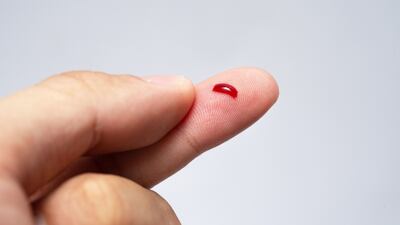Atrial fibrillation (AF or Afib), a condition in which the heart’s atria receive disorganized, irregular electrical signals that cause them to essentially twitch rather than beat, is on the rise worldwide. Catheter ablation of the heart and/or pulmonary veins is a useful treatment for some types of atrial fibrillation, but the procedure carries significant relapse rates, particularly in patients with more severe Afib. The catheter-based Afib ablation landscape is dominated by strategics including St. Jude Medical Inc., Biosense Webster Inc.(a Johnson & Johnsoncompany), Medtronic PLC, Boston Scientific Corp. and Abbott Laboratories Inc., which have made important moves recently. (Also see "Device Companies Follow New Map To Atrial Fibrillation" - Medtech Insight, 7 December, 2012.) But not everyone agrees on whether better mapping technologies or better catheters are the future of Afib ablation, and recent trial results have unsettled many insiders. Smaller companies, in the meantime, are innovating in both. (See Figure 1.) Moreover, one company is working on a completely noninvasive approach. (See sidebar below: CyberHeart Takes Noninvasive Approach To AF Ablation.)
Between 2.7 and 6.1 million people in the US and 33 million worldwide suffer from Afib, and the numbers are climbing along with the growing elderly population. The condition affects...
Read the full article – start your free trial today!
Join thousands of industry professionals who rely on Medtech Insight for daily insights
- Start your 7-day free trial
- Explore trusted news, analysis, and insights
- Access comprehensive global coverage
- Enjoy instant access – no credit card required
Already a subscriber?



